#35: Enough waiting to "rest in peace”.
Appreciating the good things in life while we’re still around to do it.
Free & paid subscribers receive the exact same weekly content in their inboxes every Saturday morning. (The newsletter, vulnerable, personal, embarrassing stories, book recommendations, and whatever gifs have made me giggle.)
Considering upgrading to help myself and my editor Leona dedicate more time to The Luminist and support our current non-profit of choice: Experience Camps for grieving kids.
NO IDLING ALLOWED.
The sign warns participants at the Saturday Katie’s Cars & Coffee gathering in my neighborhood of Great Falls. Park your Ferraris, Lamborghinis, MacLarens, your antique Thunderbirds and Model-T’s — but no revving, no backfiring, no loud showing-off.
But while the cars are not, plenty of idling still takes place. The lazy Saturday morning kind when humans gather around to just look at cars (or use the excuse of looking at cars), to chat and catch up, to meet old friends and make new ones.
This kind of idling should have a different sign.
MORE IDLING NEEDED!
More rest, more relaxation, more activities just for the fun of it. Not with the end in mind.
In my previous, manic, merry-go-round life,
I often felt on the verge of being flung off the white-maned plastic horse I was clinging to for dear life.
We ran at a pretty brisk clip when Mike was alive; idling was rarely on the schedule. Sports, school, work, travel, planning, strategizing, succeeding, passing the f* out… and then doing it all over again.
While I have always been a can-do, get-things-done-kind of girl, I was an amateur compared to Mike. ‘Busy’ was his happy place. And while Mike may have been at the extreme end of the spectrum, most of us can relate to this “productivity or death” mindset. Cough, cough.
Driven by relentless perfectionism, a capacious desire to provide for his family, and constant validation of this modus operandi from big-time success, he rarely rested. This made him the consummate consultant, a tough-but-beloved leader, and an always-there-for-you friend. It also made him stressed, anxious, and, at times, objectively worn down.
(To the point where he was BFFs with the pharmacist who filled his antibiotic prescriptions — colds on top of nonstop work trips giving the recurring gift of sinus infections.)
And maybe it had something to do with that widow-maker heart attack.
Once Mike was no longer in the family driver’s seat,
foot on the gas, the three of us pulled back from the pedal-to-the-metal lifestyle. Initially because grief left us no choice. But even once we were feeling more or less ourselves, we realized we didn’t want to go back to our previous pace. We had seen the merits of living the slow(er) life — and we had seen that our lives and dreams had not crumbled in the meantime.
We saw that we could not just have both — accomplishments and rest — but that through this combination, we could have more.
Since I ‘dialed it back’, I have secured and grown into an incredibly rewarding corporate job. I have built a house. I have helped the kids survive their teenage years and get into college. I have started The Luminist. Yeah, these took hard work, but not just that. They took looking up from the grindstone long enough to ask, “What else?” “What really matters here?” “What will change everything else?” And finally they took giving myself and the kids the space we needed to come up with the answers.
We discovered that very rarely was the answer “more work.” Sometimes you’ll get “a new kind of work” or “a perspective shift at work” or even “a re-commitment to this aspect of work”. But often you’ll hear “more time with family, with friends, for pleasure and play, to enjoy what you already have”... Rather than always, endlessly, maddeningly striving for more.
So why was Mike — and if we’re honest, are many of us —
pathologically incapable of rest? I stumbled upon a counterintuitive answer to this question in Oliver Burkeman’s 4,000 Weeks: Time Management for Mere Mortals.
The rarely acknowledged truth about rest is, as much as we pine for it, talk about our lack of it, rail against societal norms that discourage it… we don’t know how to even prioritize it, let alone enjoy it. Take a full two weeks off work — actually off work, no emails!! — and by day 8 (if not day 4) I would bet all of us are antsy, guilt-ridden, practically gnawing our fingernails off with anxiety over the mystery mountain of messages that must be awaiting us. Not to mention how much we detest being alone with our own minds.
Our general squeamishness around the whole matter has been dubbed ‘idleness aversion’ by social scientists. It’s just like fear of spiders or the open ocean… but with something we literally need to survive.
The nonsensical math we employ to justify our masochism habit, according to Burkeman, goes like this: more work + less rest = a future state of invulnerable happiness.
We can trace the origins of this fable back to the Calvinists and Puritans. Their belief was that hard work made you worthy of heaven. So doubling down on toil and struggle was a kind of insurance policy to ensure you’d spend eternity surrounded by harp-playing cherubs in the wispy, comfy clouds, rather than sizzling in literal hellfire.
Today, rather than scrap the entire myth, we have seemingly replaced ‘heaven’ with ‘retirement’. And hell is the external shame and internal judgment we feel from being “lazy, indolent, negligent, unimportant, worthless, valueless, pointless.”

So the new story goes like this: by forsaking rest — along with pleasure, leisure, general enjoyment of the present moment — we are giving away today, thinking we are stockpiling happiness and idleness for the future…
But we aren’t actually saving anything. We are gambling. And the odds aren’t in our favor.
Just ask Mike Deagle.
At the beginning of his unbeknownst last year on the planet,
something shifted for Mike. He began to feel there was something missing. The go-go-go — the supreme hard-charger pace, ambition, accomplishment — was no longer serving him like it once had. He was feeling less happiness, less fulfillment, less assuredness that this was the right way.
“What do you want in a husband?” He asked me somewhat rhetorically as I’d signed up 18 years before for the role of his wife.
“I want a husband who will get down on the floor and play with the kids,” I responded.
In our lexicon, that meant putting aside the yellow-legal-pad to-do lists, canceling the hours-long planning sessions around the kitchen island, forgoing the spreadsheets charting out yearly milestones. Aka dropping some of the things that had made our family measurably more comfortable and secure to do an activity with seemingly no payoff. Just play.
I didn’t know exactly what I was asking Mike but I knew it was what I wanted. And I knew it was what Mike wanted too… though he was still trying to explain to himself why giving up an hour of work — aka providing for the kids and their futures — was worth it.
Burkeman explains what neither Mike nor I could articulate in that moment, “To rest for the sake of rest [or play for the sake of play] entails first accepting the fact that this is it: that your days aren’t progressing toward a future state of perfectly invulnerable happiness, and that to approach them with such an assumption is systematically to drain our four thousand weeks of their value.”
When we send emails on vacation, multi-task during our kids' little league games, forsake hobbies we once loved because we can’t justify doing them, we puncture a hole in the moments that matter most… moments that we can never get back.
Living in the future, for the future, does not leave space for the present.
And the present is where everyone we care about is living, breathing, waiting for us to look up from our work and enjoy our precious time together.
Mike no more knew how to slow down, to rest, to make space
than he knew how to conduct an orchestra or perform brain surgery. But he began to seek, read, talk about, and investigate how he might take baby steps to change.
But we know how this story ends. He ran out of time.
Burkeman summarizes so much of my grief in the pithy sentence, “Mortality makes it impossible to ignore the absurdity of living solely for the future.”
Storing away achievements and accomplishments by forsaking rest, pleasure, or play is like a squirrel gathering nuts for the winter… then moving to a different neighborhood, only to starve. You will not be able to reap the rewards of your nut-gathering without some leisure mixed in.
I couldn’t change Mike’s trajectory. But I’d love the chance to change yours. Especially when the solution is so simple and so dang enjoyable. Just start small. Take time for your hobbies, your silly pursuits, your non-value added activities. Take time to play. And ignore the voices — internally and externally — that are still stuck in the outdated heaven-and-hell narrative.
Because we don’t have to wait for bliss. Sip a latte in the streaming June sun on a Saturday morning with nothing else planned for the day. Make new inside jokes with your kids that will last decades. Pick up an instrument, a craft, a sport from high school that you loved but abandoned to focus on more “productive” pursuits.
This earth offers us delight, comfort, satisfaction in excess. If only we slow down enough to enjoy it…
So let’s embrace that life’s sole guarantee is what’s before us, here, in the present moment.
Let’s open our eyes to see the gamble we are making — living exclusively for a payout in the future — with not just our own lives, but the lives of our loved ones, our spouses, our children.
Finally, let’s accept that we are deserving of all the pleasures of life right now, with or without endless toil.
Because life isn’t fair. And sometimes, that’s a good thing.
Rest in peace,
If you resonated with this post and want more, check out these:
Post #3: What are we actually afraid of? Why dissecting our fears around death & dying is key to living a better life.
Post #6: The radiance in dailiness. Grief taught me to see the magic in the “ordinary”. Let me show you an easier way.
Post #11: Restoring the magic of time. How stepping (or being shoved) off the hamster wheel helps us reclaim our sense of possibility, serendipity, and flow.
Post #18: Purpose isn’t the destination. Frustration and the feeling of being alive.
Post #31: Not all progress feels like progress. Sometimes it feels like limbo.




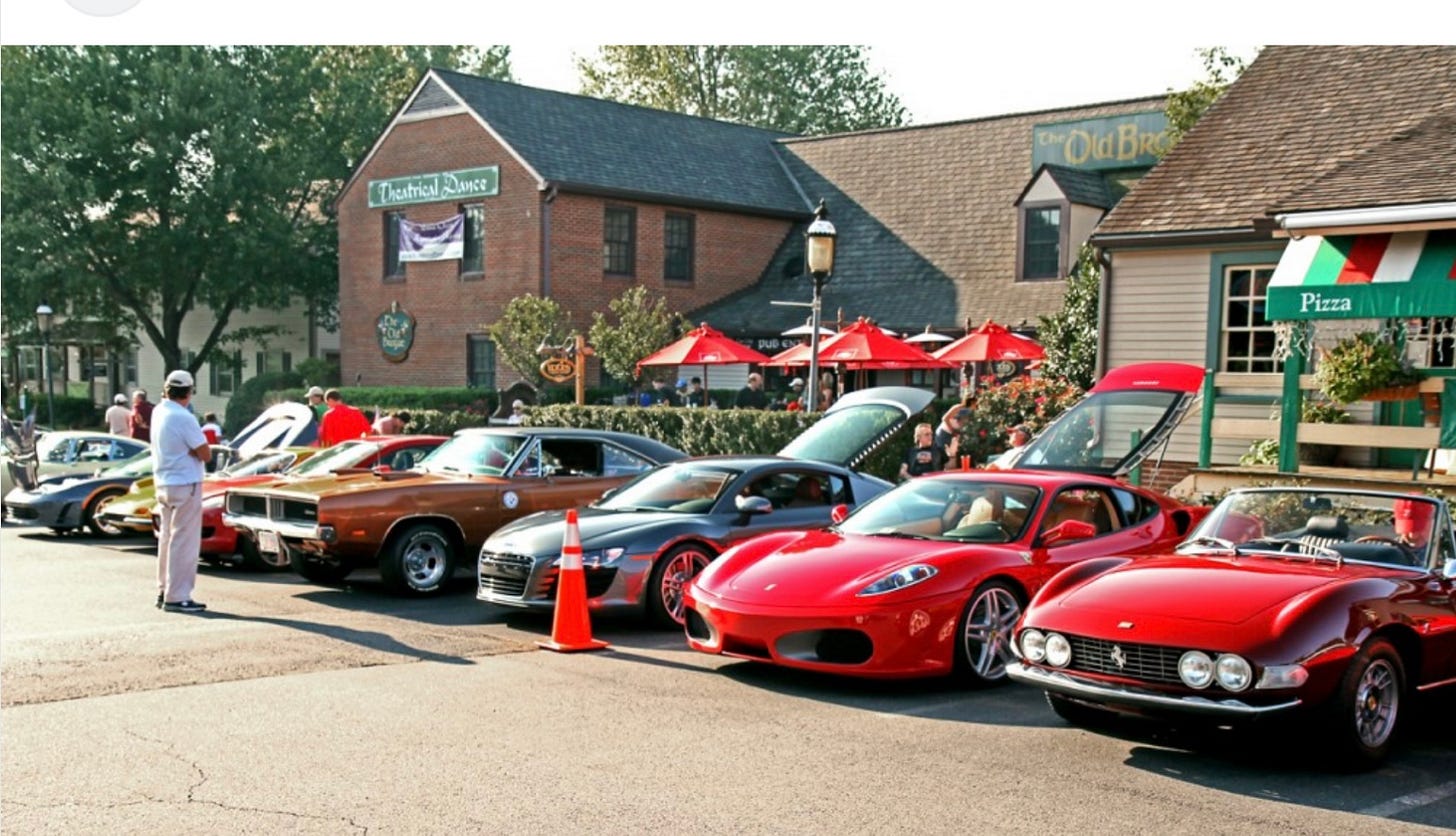
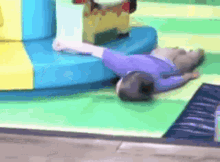
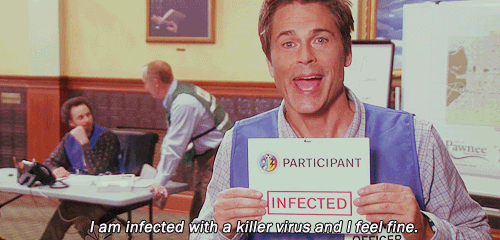

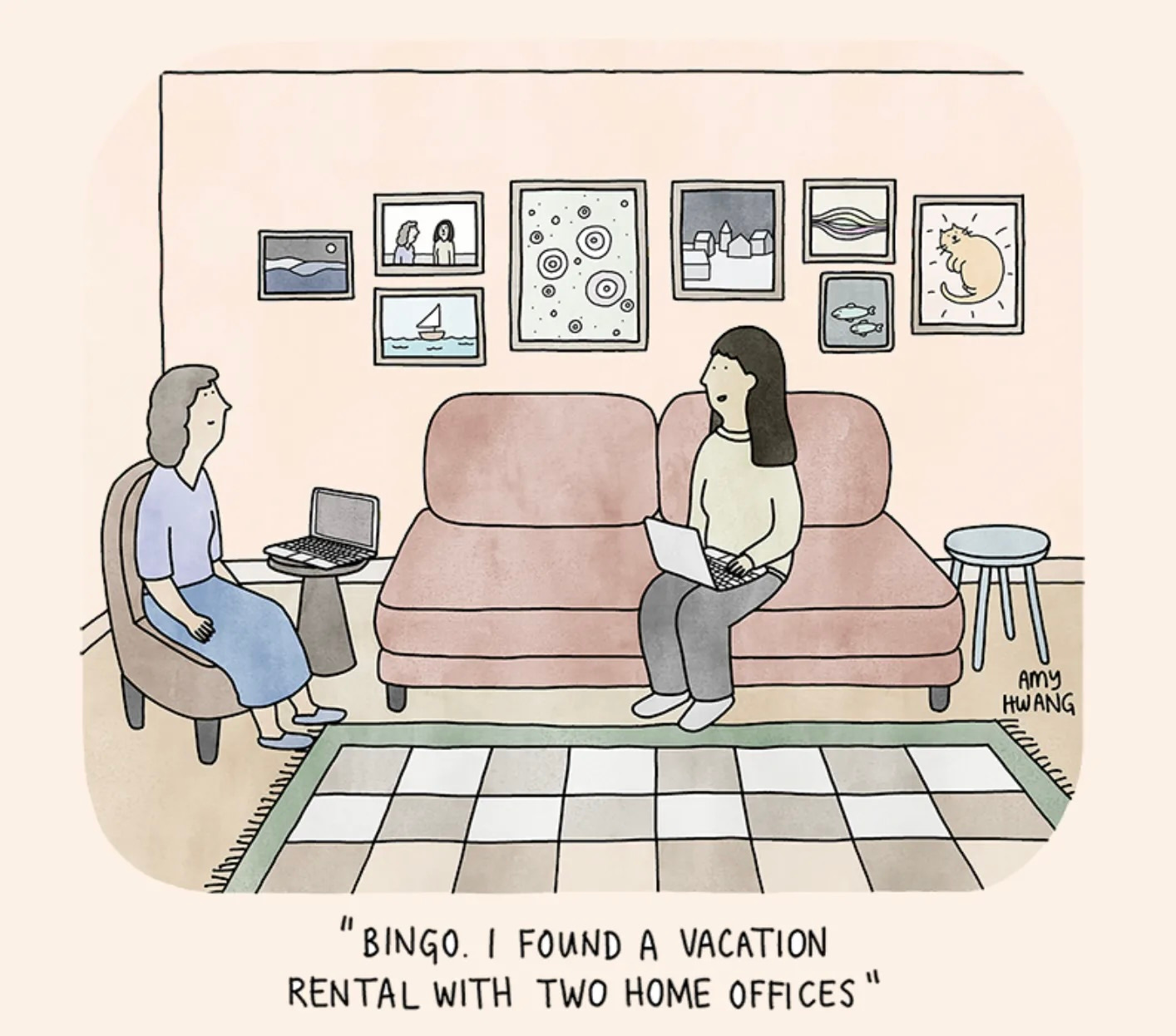
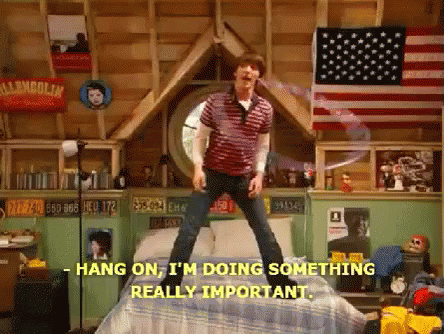


Saturday morning, my coffee and 'The Luminist,' what a wonderful start to the weekend. Thank you, Sue, for the lesson in living.
Love this, Sue. I had a friend who kept saying, "You can rest when you're dead," to me, even though I have EBV and when the fatigue hits hard, it's like a brick wall fell on me. I wasn't being lazy; I was taking care of myself by not doing something that, if I did it, would only make me less well. Rest is restorative in so many ways. The deep joy of doing absolutely nothing (except maybe bingeing BritBox -- highly recommend "Scott & Bailey"). I'm pretty good at ignoring my phone, indulging in a nap, allowing my mind to drift, and I think that's because I had to. The only way for me to do all the things I want to is to not do some things I might like to. This isn't a race. And, if it were, the finishline is six feet under. Thanks for reminding us to rest, and make peace with it. xo